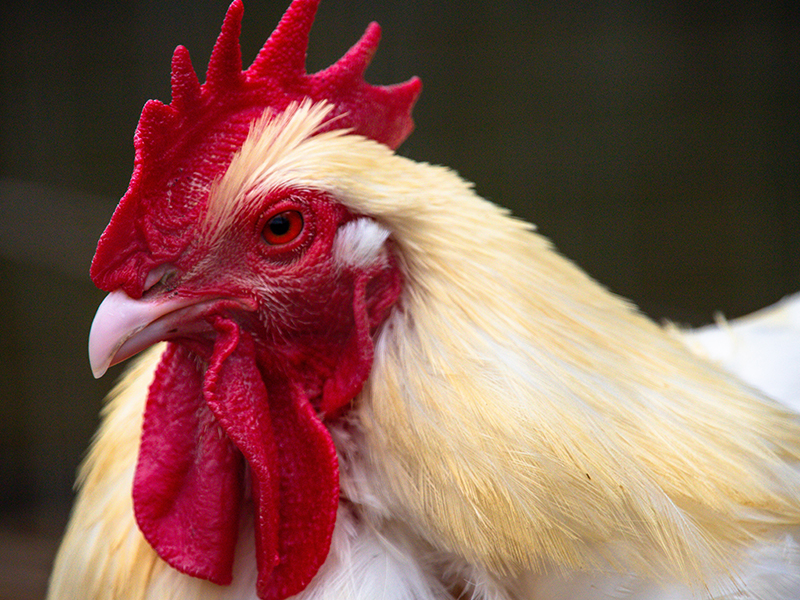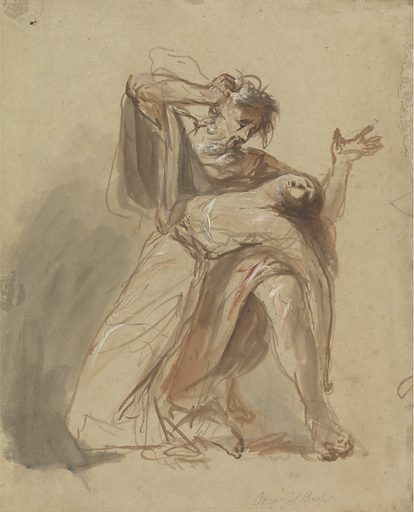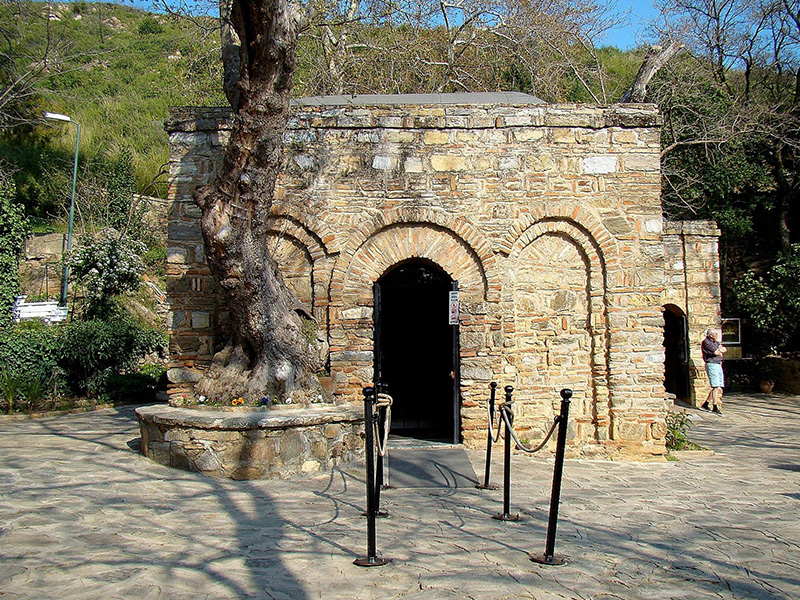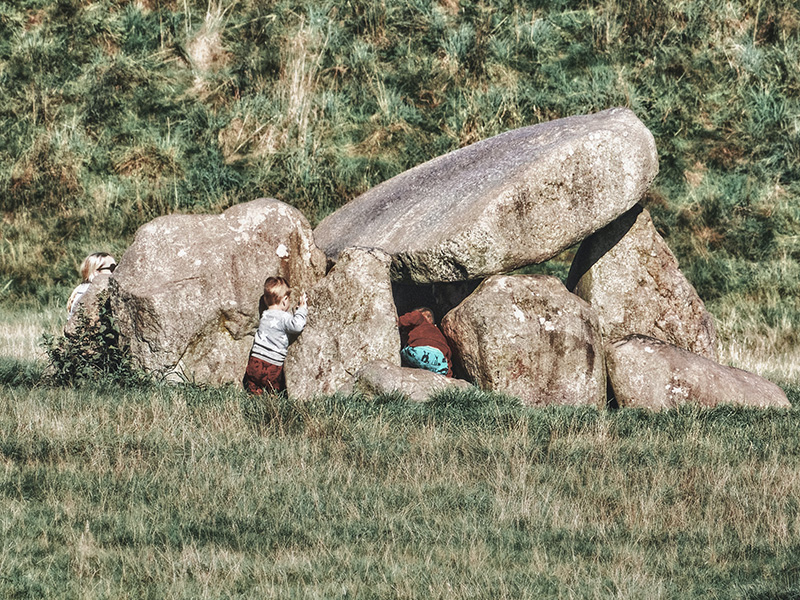My Shakespearian actor husband, Chuck Wilcox, began his Boulder Colorado Shakespeare Festival career playing Kent in King Lear. Kent is a truth-telling peer and ally of King Lear, whose growing arrogance is creating a very disturbing future. Shakespeare’s storyline comes from ancient stories that feature a Father and Three Daughters. The blurb for this summer’s outdoor Festival describes the play:
An aging King Lear decides to divide his kingdom among his three daughters, proportionally by who professes to love him most. His plotting comes to catastrophe and sees him cast from his own kingdom. Shakespeare’s tumultuous tragedy explores speaking truth to power, the cost of grievous mistakes, and whether it’s ever too late for redemption.
Lear’s two elder daughters lie, telling him what he wants to hear: there is no one in the world they love more. His youngest daughter Cordelia points out their lies, and speaks from her true heart.
Good my lord,
You have begot me, bred me, lov’d me. I
Return those duties back as are right fit,
Obey you, love you, and most honour you.
Why have my sisters husbands, if they say
They love you all? Haply, when I shall wed,
That lord whose hand must take my plight shall carry
Half my love with him, half my care and duty.
Sure I shall never marry like my sisters,
To love my father all.
I found myself thinking about Lear’s arrogance. If you don’t know or remember the play, just bring to mind any of the current “kings” that you think might be described as Arrogant.

Defining Arrogance
Arrogance comes from the Latin arrogans which means overbearing. If you show arrogance, your pride is overbearing and offensive to others. Arrogance can also be attributed to corporations who fail to take consumer opinion into account and to nations that seem to do whatever they want with no regard for other countries.
Just so we won’t miss the point Shakespeare creates a sub-plot with another courtier, Gloucester, and his two sons. Gloucester’s arrogance stems from self-centered entitlement. One son, Edgar, is legitimate and similar in character to Cordelia. The other son, Edmund, is illegitimate and plots (like two of Lear’s daughters) to disenfranchise the heir and control all “inheritance”. Gloucester, “blind” to Edmund’s scheming, disinherits his rightful heir. Later in the play he is literally blinded for “treason” when he aids getting the mad Lear to Cordelia. It is the legitimate Edgar, now hiding disguised as Poor Tom, who guides and protects his father on the wild moor.
In this play Shakespeare gives Cordelia’s sisters, one of their husbands, and Edmund no redeeming virtues. They are corrupt to their core. I thought about some current “kings” and their children, raised in arrogance from the cradle. I thought about some examples from my own life.

Other Examples of Arrogance
I worked in organizations structured by silos or areas of power ruled by one person, responsible only to the CEO and Board, or Mayor and City Council. Arrogant leaders would compete for resources and control. I was assigned to explore the possibility of an intervention between two competing silos. In the initial interview, one leader said to me “I will see this corporation fail before I’ll let him win.” I’ve been thinking about this comment as possibility relevant to the current war in the Ukraine.
Conflict often is based in one or both or more individuals aligning with what is perceived as the “right” belief or value. Any person with another point of view is suspect, and often “banished” as being mad or evil. The arrogance of believing “my way or no way” leads to the disenfranchisement of any person who doesn’t agree. This arrogance actively undermines any chance of finding common ground and a way forward.
When startup companies reach a certain level of success often the “owner” becomes arrogant, first separating themselves from the cohesion of the founding team, and then bringing into the company a layer of “management” that separates the owner from the founding team. Sometimes people are “paid off” or leave as the owner focuses more and more on self-aggrandizement.
Families whose arrogance around their family values is not to be challenged will disenfranchise or push out a family member who challenges them. (e.g. Cordelia, Edgar). Bullying taught at home is practiced on perceived “weaker” people on the playground, on the streets, at church, in meetings, at work and school.
Politically worldwide people who, “beg to disagree,” or say, “can we discuss this and find some common ground?” are often pushed to the edges of the far “Right” or the “Left”, depending on the accuser’s orientation. And, truly, people on the far edges politically in any direction are often arrogant advocates for themselves and their way.
In the definition, Arrogance was attributed to corporations and countries who seem to do whatever they want. We can explore corporation by corporation or country by country, and in some find strategies of such arrogance that millions of people are sacrificed to keep the current power structure intact.
Arrogance is not Narcissism
Narcissistic personality disorder is a diagnosable mental health condition. Persons who suffer from this disorder are often empty inside, with no secure self-worth. There is no ability to build a shared relationship. Treatment involves building a sense of self, beginning with an infant’s need for being held and feeling secure. A person with a narcissistic diagnosis may be arrogant, but an arrogant person is not necessarily narcissistic.
Lear’s daughter Regan tells us in the play’s opening scene that “he hath ever but slenderly known himself.” (I.i..) Lear’s arrogance is built on his lack of self-knowledge, not a lack of self-worth. When the cracks begin to show in his view of himself, he silences anyone who points them out. That is a behavior of arrogance.
Arrogance is Not Pride
The seven deadly sins are called that because the thoughts and actions people take can kill someone else. For example, dissing someone on Facebook has led to teen suicides. What the killer rarely realizes is that the action is deadly to them as well. Shakespeare explores the cost of arrogance to individuals, families and kingdoms. Pride is one of the deadly sins. Lear’s attitude and behaviors are beyond Pride, outside the wide range of “normal” human behavior.
For each deadly sin there is a quickening cure which allows the individual and those around them to thrive. Pride’s quickening cure is Humility. For me, the United States’ President Carter embodies Humility, and his post-presidency work focuses on problem solving for the poor and disenfranchised of the world (Habitat for Humanity, Training and Witnessing Democratic election processes, eradicating disease.) Roselyn Carters’ focus was and is mental illness. The Carter Center continues this work world-wide: Waging Peace. Fighting Disease. Building Hope.
“We can choose to alleviate suffering.
We can choose to work together for peace.
We can make these changes — and we must.”
—Jimmy Carter, Nobel Lecture
Lear’s capacity for Humility is non-existent. There is no quickening cure: his arrogance destroys the kingdom, kills the one daughter who loved him, and most everyone else. Shakespeare demonstrates that arrogance leads to treachery, to destruction. Of all the characters only the legitimate son Mad Tom Edgar and Kent remain. Kent comments he is not long for this world.

The Death of Cordelia, Yale Center for British Art, Paul Mellon Fund
My Personal Arrogance
I make arrogant responses to others in my life.
- That’s not the way I do it.
- No, that’s not right.
- I wouldn’t go if it was the only possible option.
- Why are you telling me this?
- That won’t work.
- No. No. And No.
- I really don’t care…
The list goes on. And on. I am paying attention to what I say … and writing these phrases down is embarrassing. I’m realizing my arrogant responses irritate my family, friends, team members… I’m learning how much forgiveness I receive on a daily basis.
Conclusion
This summer a great Colorado Shakespeare Festival actor of many seasons, Sam Sandoe, will be playing Lear’s Fool 52 years after my husband played Kent. Lear’s Fool is another ally who risks everything to try to show the King how arrogant he has become.
I hope you will join me in exploring three embryonic but I believe related ideas. This blog is the first idea: Arrogance. Next time we’ll explore the second idea contained in the story archetype that Shakespeare used as a template for Lear. There is wisdom in the stories about what can be done about arrogant kings. Then I think there is a third idea, currently called Net Making which at this point is truly embryonic.
Reflection
Now I’m hoping to hear your comments about Arrogance. Where do you see it in the world, in your family, in yourself? What do you do about it? Your thoughts, experiences, feelings on this might be in agreement, in opposition, or just different. Together we might find a path forward through today’s difficult realities, both personally and collectively.




